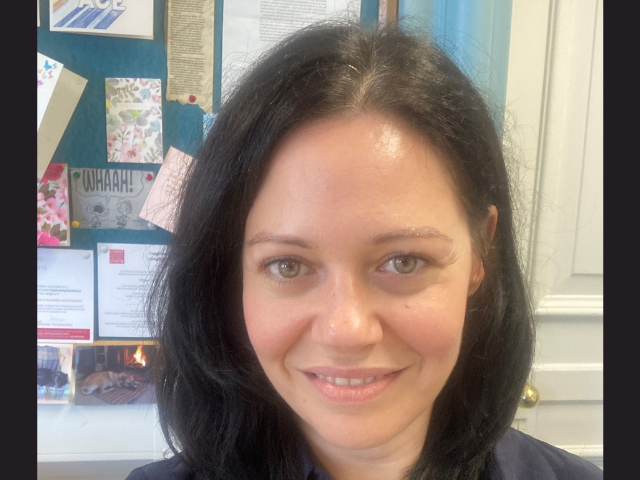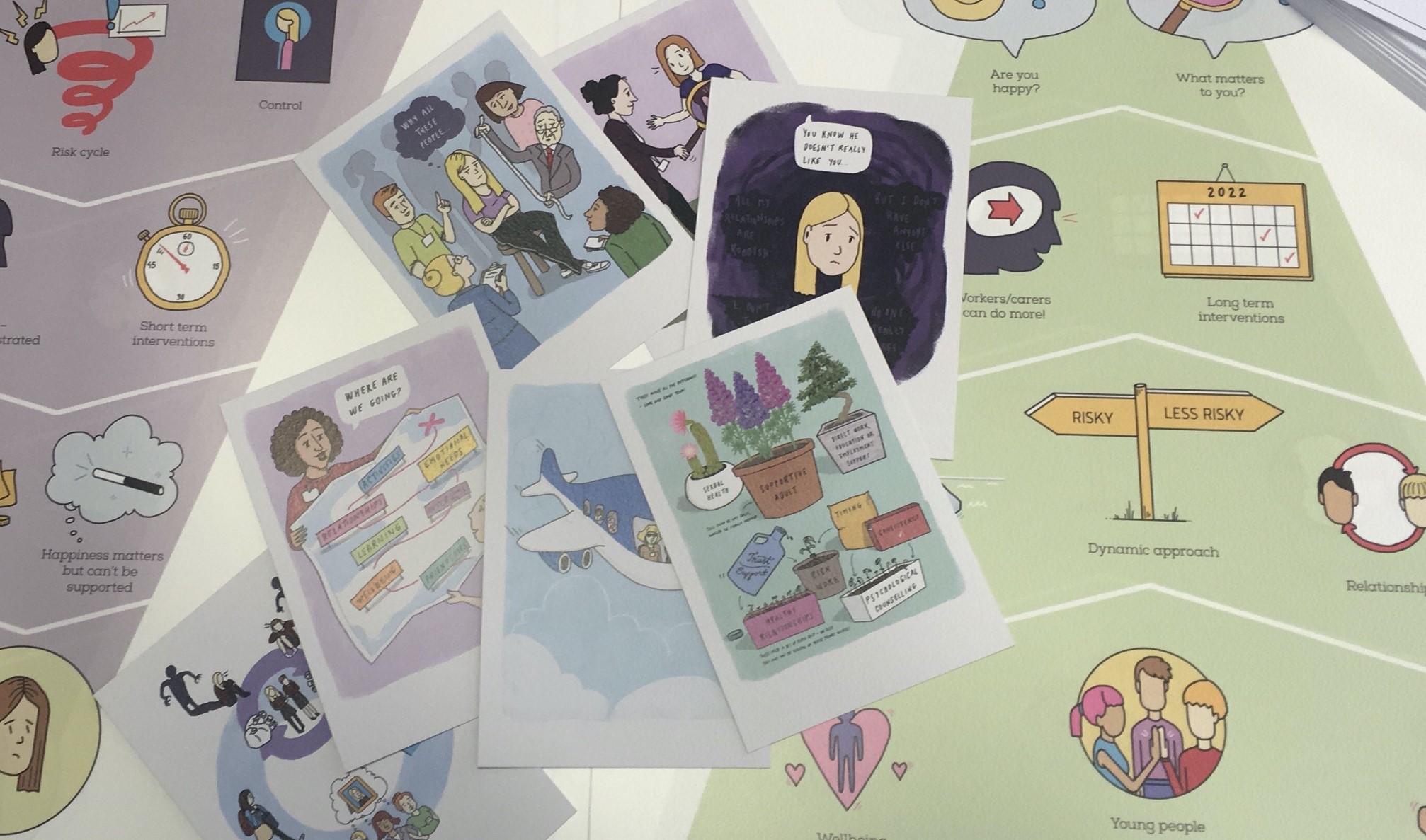
How Welsh researchers are helping to shape domestic and global policy to keep young people safe from sexual exploitation
5 September
This Sexual Abuse and Sexual Violence Awareness Week (3 - 9 February 2025) learn about the Welsh research that’s shaping global policy aimed at keeping children safe from sexual exploitation.
Welsh researchers funded by Health and Care Research Wales are redefining how care professionals and practitioners identify and assess young people at risk of sexual exploitation, helping to shape global policy aimed at keeping children safe.
Dr Sophie Hallett, from Cardiff University, and her team used their research findings to inform the development of new statutory guidance in Wales to redefine understanding of what sexual exploitation is, and moving away from older, more outdated risk assessment models.
Dr Hallett, who was awarded a Research Funding Scheme: Social Care Grant, led on a collaborative project with a local authority in Wales, using a unique data set to look at outcomes for young people who had been sexually exploited, as well as interviewing social workers, foster carers, young people, and spending three months in a residential home with young people at risk of exploitation.
That work ended up informing the development of new Welsh Government guidance, subsequently adopted by policymakers from as far afield as Australia, and the creation of resources to aid professionals involved in child safeguarding.
Dr Hallett said that the driving force behind her research was about listening to and understanding young people in order to better support them.
She said: “In our research we returned to case files of young people, originally assessed over ten years ago as part of an exercise to create the all Wales sexual exploitation risk assessment framework.
“Essentially what it meant was that we knew how those individuals were assessed ten years prior to when we started the project, so we were able to go back into their case files and look at what their original assessment score was, what sort of things had happened to them over their lives, and where they were now in the system.
“We were able to see what interventions were made, whether any sexual exploitation had occurred, and whether perhaps the risks identified back then weren't realised.”
As part of her work Dr Hallett and her team spent several months interviewing foster carers, social workers and young people to broaden understanding of risk in relation to sexual exploitation. This has led to a different approach in Wales centred around an indicators list, and a much broader, holistic care and support needs assessment.
Among the resources that Dr Hallett subsequently created were cards with messages for child health practitioners and other professionals to encourage them to rethink their approach to risk and ways of responding to young people, especially if their focus is on managing young people’s behaviours.
She added: “It was about creating messages for people to get them to rethink. Our research indicates that while managing risk forms a vital part of safeguarding, attention to children and young people’s unmet care and support needs and their broader well-being are also a crucial part of protecting children from harm, mitigating vulnerability and sustaining longer-term safety for them.”
As a result of the team’s findings, Dr Hallett was invited to travel to Australia and work with the Australian government to help inform the development of a home visiting assessment model, based around play and the child-centred approach This is a result of her research on listening to children, identifying unmet needs early and addressing wellbeing to foster longer term resilience and safety and prevent sexual exploitation and other forms of harm.
She added:
That‘s the most important thing to me-ensuring the child’s voice and their needs and wellbeing are central to thinking through how best to support them and ensure long term safety, as well as promoting their wellbeing."
Sign up to our newsletter to get the first-hand information about our funding schemes.
